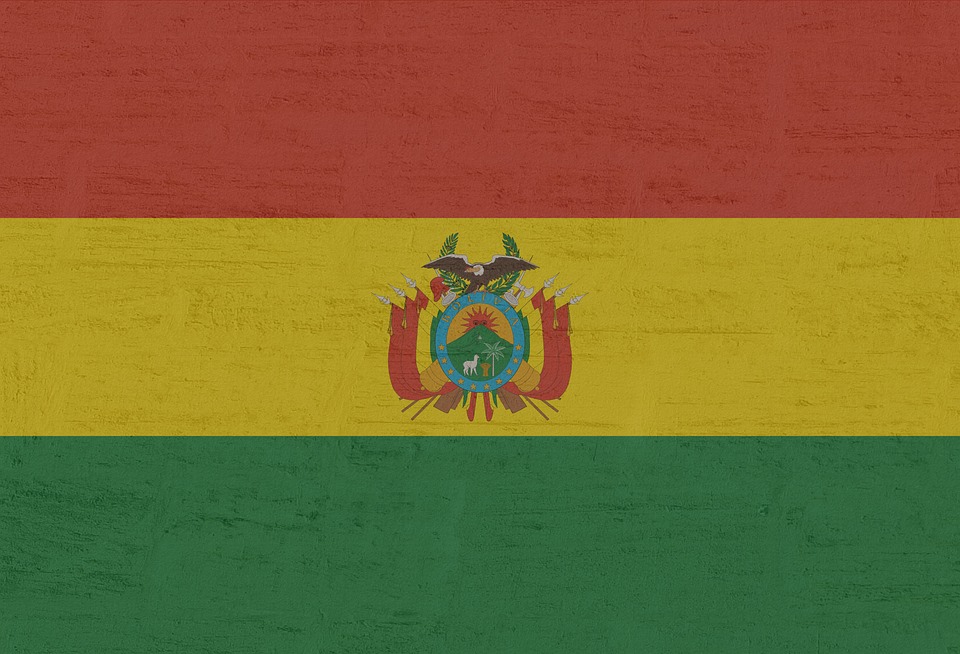Under pressure, Bolivian president calls for new election

- Country:
- Bolivia
Buckling under mounting pressure, Bolivian President Evo Morales on Sunday called for a new election after his claim to have won a fourth term triggered fraud allegations, deadly protests and a split among security forces. South America's longest-serving leader made the announcement after a preliminary report by the Organization of American States found a "heap of observed irregularities" in the Oct. 20 presidential contest and said a new vote should be held.
The unrest that has left three people dead and over 100 injured in clashes between supporters and opponents of Morales represents the biggest crisis in the socialist leader's nearly 14 years in power. "We all have to pacify Bolivia," Morales said in announcing plans to replace the nation's electoral tribunal and urging the country's political parties to help bring peace.
Bolivians honked car horns and broke into cheers and applause in the streets as the OAS findings came out. "The battle has been won," said Waldo Albarracín, a public defender and activist.
"Now, the duty is to guarantee an ideal electoral tribunal." Adding to Bolivia's leadership crisis, however, the two government ministers in charge of mines and hydrocarbons, as well as the Chamber of Deputies president and three other pro-government legislators announced their resignations.
Some said opposition supporters had threatened their families. Also Sunday, the attorney general's office said it will investigate judges on the Supreme Electoral Tribunal for alleged fraud following the OAS report.
The man Morales claimed to have defeated, opposition leader and former President Carlos Mesa, said the OAS report showed "monstrous fraud," and he added that Morales "can't be a candidate in new elections." Morales did not say whether he will run again.
"The priority is to choose a new electoral tribunal and figure out when we'll have the new elections," he told local radio Panamericana. Morales, 60, became the first president from Bolivia's indigenous population in 2006 and presided over a commodities-fed economic boom in South America's poorest country.
The former leader of a coca growers union, he paved roads, sent Bolivia's first satellite into space and curbed inflation. But many who were once excited by his fairy-tale rise have grown wary of his reluctance to leave power.
He ran for a fourth term after refusing to abide by the results of a referendum that upheld term limits for the president. He was able to run because Bolivia's constitutional court disallowed such limits.
After the Oct. 20 vote, Morales declared himself the outright winner even before official results indicated he obtained just enough support to avoid a runoff with Mesa. A 24-hour lapse in releasing results fueled suspicions of vote-rigging.
The OAS sent a team to conduct what it called a binding audit of the election. Its preliminary recommendations included holding new elections with a new electoral body. "Mindful of the heap of observed irregularities, it's not possible to guarantee the integrity of the numbers and give certainty of the results," the OAS said in a statement.
Pressure on Morales increased ominously on Saturday when police on guard outside Bolivia's presidential palace abandoned their posts and police retreated to their barracks in at least three cities. On Sunday, the police commander, Gen. Yuri Calderón, instructed protesting officers to get back on the street and prevent attacks by thugs loyal to the president.
And Bolivia's military said it ordered operations to counter armed groups that have attacked opposition supporters. During the unrest since the election, protesters have torched the headquarters of local electoral tribunal offices and set up roadblocks that paralyzed parts of Bolivia.
"The question now is if the opposition will accept new elections called by Evo after he had already attempted to steal the election," said Christopher Sabatini, a lecturer at the School of International and Public Affairs at Columbia University in New York and a senior research fellow at the Chatham House think tank. "They have good reason to be wary that this time will be cleaner. In fact, given what's at stake and Morales' actions up until now, there's even more reason to believe that he's going to pull out all the stops to ensure reelection."
(This story has not been edited by Devdiscourse staff and is auto-generated from a syndicated feed.)
- READ MORE ON:
- Evo Morales
- Organization of American States
- Bolivian
- South America
- IND










